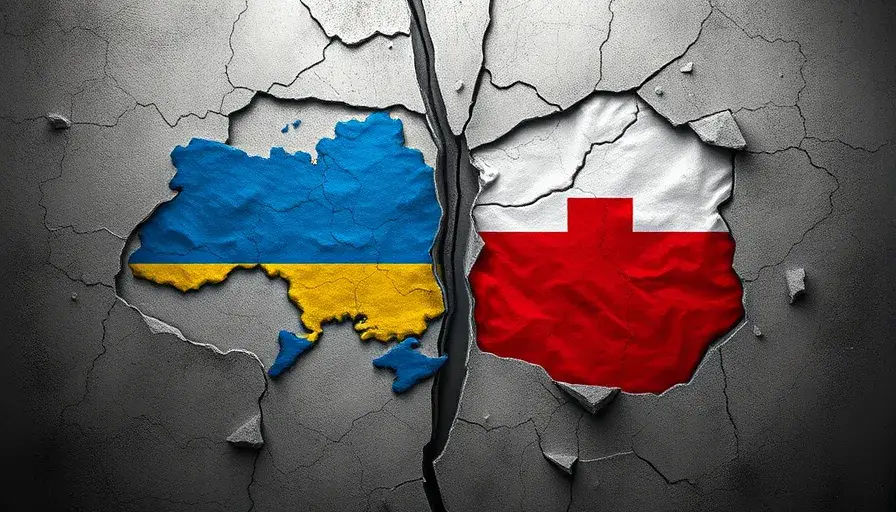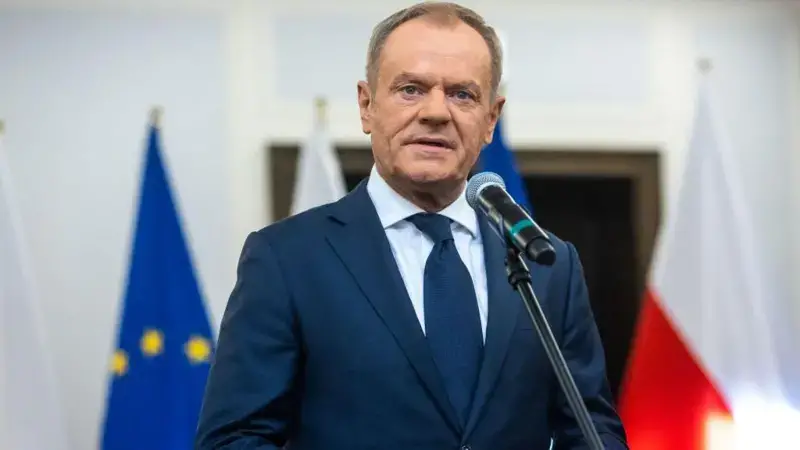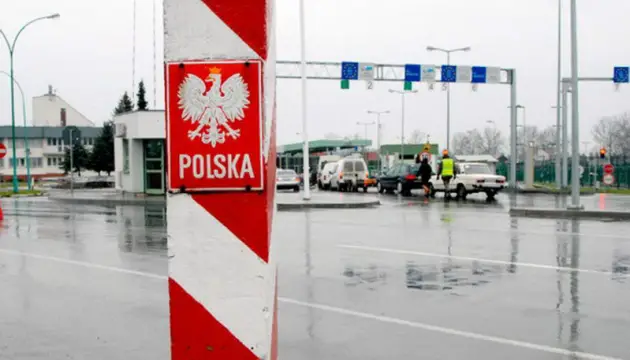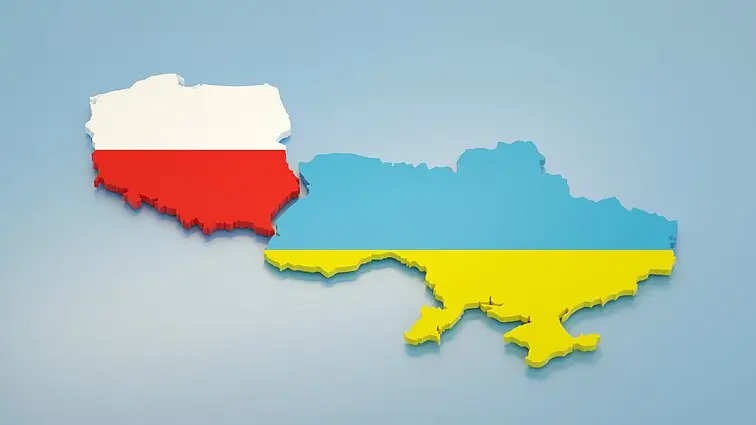How to Save Relations with Poland: Historical Conflicts and Challenges for Ukraine on Its Path to the EU

Why Poland is Shifting from "Ukraine’s Advocate" to "Prosecutor", Who Benefits from Historical-Political Revisionism, and What Actions the Ukrainian Government Should Take
Polish Prime Minister Donald Tusk's statement that Ukraine’s EU accession would depend on its stance regarding Operation Vistula has sparked concern. This warning came in response to remarks by Ukraine’s Foreign Minister Dmytro Kuleba and signals that historical issues between the two countries are becoming a stumbling block on Ukraine’s path to European integration. Tusk emphasized that "Ukraine will not become an EU member without Poland’s consent", and to achieve this, Ukraine must meet not only economic but also cultural and political standards.

How did it all begin?
Tusk’s statement coincides with political shifts in Poland, where over the past decade, nationalism, historical revisionism, and the portrayal of the Polish nation as a victim have become central themes in politics. The former ruling party, Law and Justice, actively promoted these ideas, turning historical tragedies, such as the Volhynia Massacre, into symbols of national memory. There is a growing sentiment in Poland that historical conflicts with Ukraine must be resolved before both countries can move forward together in political and economic partnership.
The problem is further complicated by a broad consensus on these issues within Polish society. Currently, about 70% of Poles consider the Volhynia tragedy an important part of national consciousness. This consensus is supported not only by radical politicians but also by a significant portion of the public and major political forces, including opposition parties.
Therefore, the issue of Ukrainian-Polish historical conflicts cannot be resolved in favor of one side. Each country has its heroes, which may be unacceptable to their neighbors, and imposing one historical truth on the other is dangerous. For instance, for Ukrainians, the heroic image of the Ukrainian Insurgent Army (UPA) symbolizes the struggle for independence, while Poles have their own historical memory, where the Home Army also plays a crucial role, albeit with its own dark pages. History shows that such conflicts only deepen divisions between nations.

Why has this issue intensified now?
Unfortunately, today’s rhetoric from Polish politicians only exacerbates the situation. This happens at a time when russia continues its aggressive policy towards Poland, openly threatening nuclear strikes and provoking incidents. Although Poland, as a NATO member, has some protection, past guarantees from Western powers, like those of 1939, have not always worked in critical situations.
Additionally, the "grain crisis", where Poland restricted the export of Ukrainian grain despite numerous declarations of partnership, has further strained relations. This decision was perceived in Ukraine as a display of political populism, casting doubt on the sincerity of Polish support. The Ukrainian government needs to find ways to resolve these contradictions through direct interaction with the European Union, particularly Germany and other influential nations in Brussels.
Despite tensions, Poland remains a crucial ally for Ukraine, providing significant military support, including Soviet-era weaponry in exchange for new equipment from the U.S. Polish politicians frequently highlight their assistance to Ukrainian refugees but often overlook the fact that Ukrainians in Poland are becoming an important economic force, working and paying taxes. Ukrainian migrants are not only integrating into Polish society but also helping to strengthen its economy.
Historical conflicts, which are actively inflamed in Polish society, have not been without the influence of russian intelligence services. It has been proven that some anti-Ukrainian actions were financed by russian structures to sow discord between neighbors. However, when such rhetorical attacks are supported at the official level, it becomes clear that the problem extends beyond mere information warfare and becomes a tool of domestic politics.

What should be done next?
It is crucial for Ukraine to maintain a cool head and a pragmatic approach in relations with Poland. Kyiv should focus on cooperating with those Polish politicians who are open to dialogue and partnership, avoiding fixation on historical grievances. Ukrainian-Polish relations must be based on shared interests in security, economic development, and European integration, rather than mutual accusations and historical revanchism.
Given the threats from russia and the unpredictability of future political changes worldwide, particularly in the U.S., Ukraine and Poland should consider forming additional security alliances, such as the Baltic-Black Sea Union. This would allow both countries to jointly counter russian expansion and ensure peace and stability in Eastern Europe.
Preserving a partnership between Ukraine and Poland is crucial for regional security. The ability of both countries to overcome historical differences and build a strong alliance will determine the future not only of these two nations but of the entire European continent.










